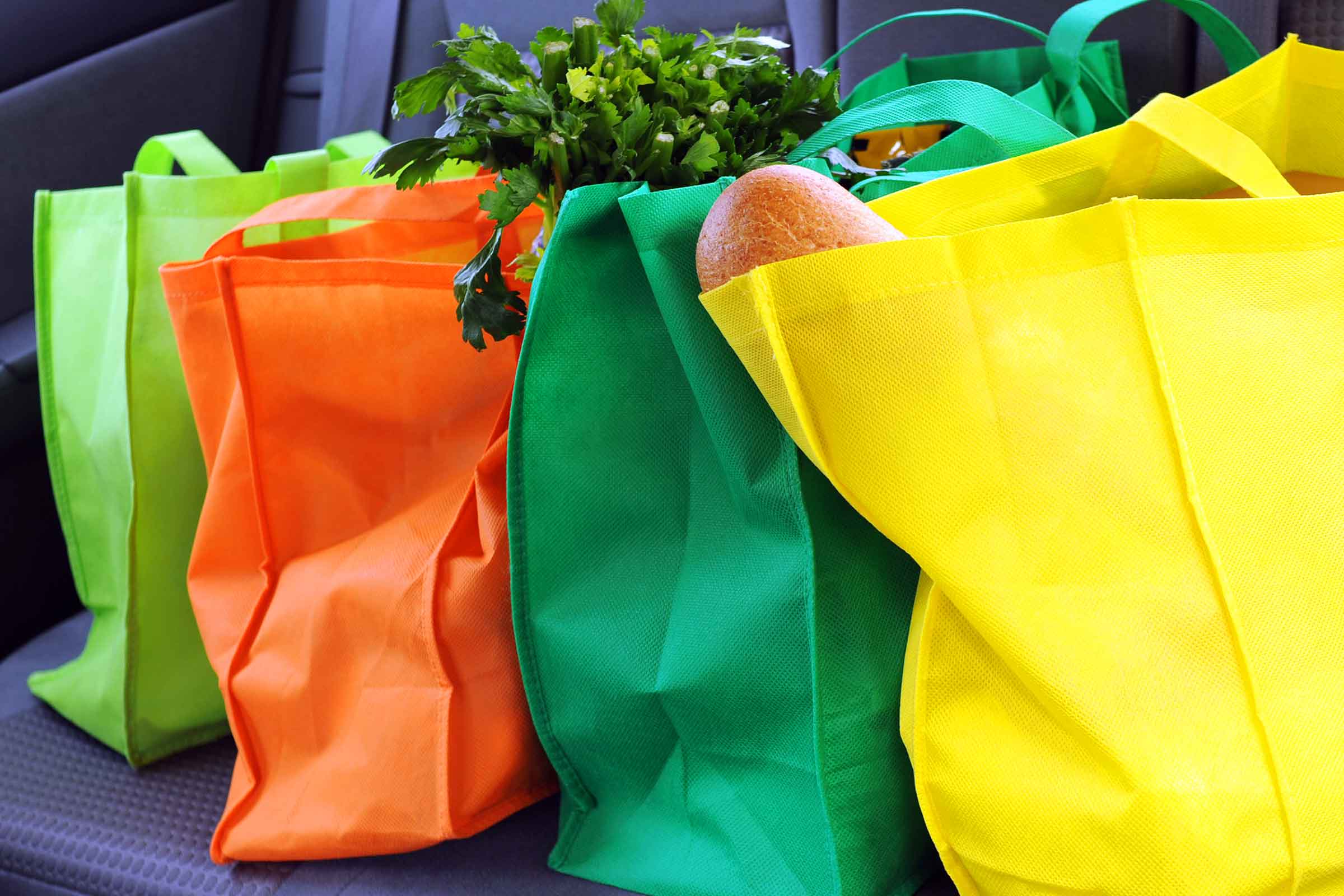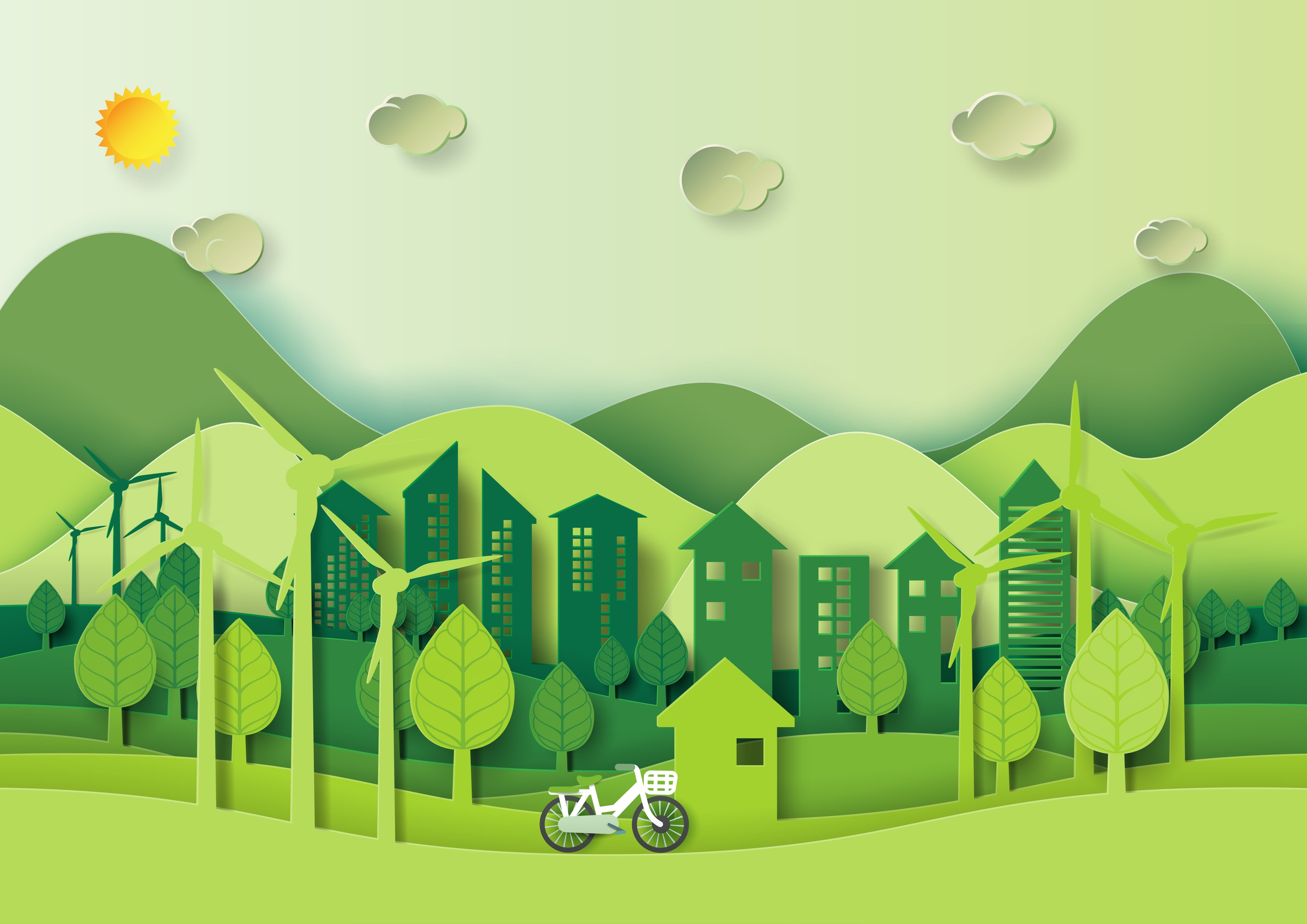It is quite likely that you will have heard the terms ‘sustainable’ and ‘planet friendly’ and may have considered what you can do to help. Recently, on 22nd April, it was ‘Earth Day’ which is an annual event to demonstrate support for environmental protection and climate action. Following that, this blog is going to give you some tips on how you can change small things in your daily life as a student to help to take care of the planet.
Let’s start with food…
1. Re-usable materials
Instead of picking up a new plastic bag or cardboard coffee cup next time you go out to hold your purchase, why not take a couple of re-usable shopping bags and purchase a coffee cup that you can always have to take with you when you’re out and about? You could also think about taking some cutlery and a straw with you instead of having to pick up disposable ones – they don’t have to be expensive or fancy, any will do… just make sure you’re not taking someone else’s fork from the shared kitchen!
2. Packaging
When you go into a food shop, unfortunately, most things are packaged in some sort of material (mostly plastic). While for some things like yoghurt this is necessary to hold it, buying fruit and vegetables in as little plastic/packaging as possible can be more achievable. It may also be better as you can really see the individual produce are buying rather than blindly picking up a bag. Another change you could make is to buy a large bottle of drink or large bag of crisps rather than single use individual-sized packaging and decant portions into smaller containers instead.
3. Plan ahead
I found that during first year, there were so many people in the flat kitchen that would throw foods out as they had bought too much, hadn’t been able to use them all or they had gone past their best before date. To combat this, aim to plan your meals before going to the shop so you know roughly what to buy and how much you will use. This will not only help to reduce food waste, but also likely cost less too! Alongside this, you could consider preparing your lunch to take into Uni rather than always buying it out, which will save on time, the waste from packaging and money.
A little note on best before dates: Look, smell and taste foods to tell if something is ok to eat close to/after it says rather than throwing it away just because the date said to (of course be careful, especially with foods like meat, and do stick to ‘use buy’ dates).

Now, onto more of the lifestyle factors…
1. Buying
When you buy something new, for example a book, a piece of clothing or furniture, a lot of energy and materials have been used to make it. Consider purchasing items like this second-hand rather than buying them new all of the time, and really consider your purchase. This could be in charity shops, clothes sales or online second hand stores or marketplaces and could help to save you some money, if you shop around, and can make the purchase more meaningful and unique.
2. Sharing
Following on from the previous point, sharing items such as books and clothes with friends can be a great way to learn or read something new or try out a different outfit, without having to buy a whole new one yourself that you might only use once. It can be fun as well, discussing each other’s thoughts on what you’ve read and putting new outfits together.
3. Recycling
You could say that this term itself is recycled, but that’s because it is the same concept as it has always been. Any no-reusable item that is able to be recycled should be – plastic trays, bottles and packaging, glass jars and bottles, coffee cups, cardboard packaging you name it. Invest a bit of time into looking at the label, finding out what you can recycle and where and giving the items a little wash before you do so.
Alongside trying to reduce the amount of single-use packaging you are using, recycling what you can will help to further reduce the amount of waste that gets sent to landfill.
Helpful hint: Things like glass jars can be handy to keep and use to store things like herbs, oats, rice or makeup in!
4. Transport
Thinking about how you get between places and being conscious of its impact on the environment can be really helpful. Next time you are going to hop in the car for a short drive, why not consider walking? For those slightly longer trips, what about using a bike? And then, those longer journeys or when it’s raining you could take the bus instead of driving.
Hopefully this blog has helped to give you a collection of ideas to consider in helping to make a difference – reducing your negative impact on the environment and its finite resources. Remember, even seemingly small things can help to make a difference – be conscious of the choices you make and spread the word around.

Some helpful links:
